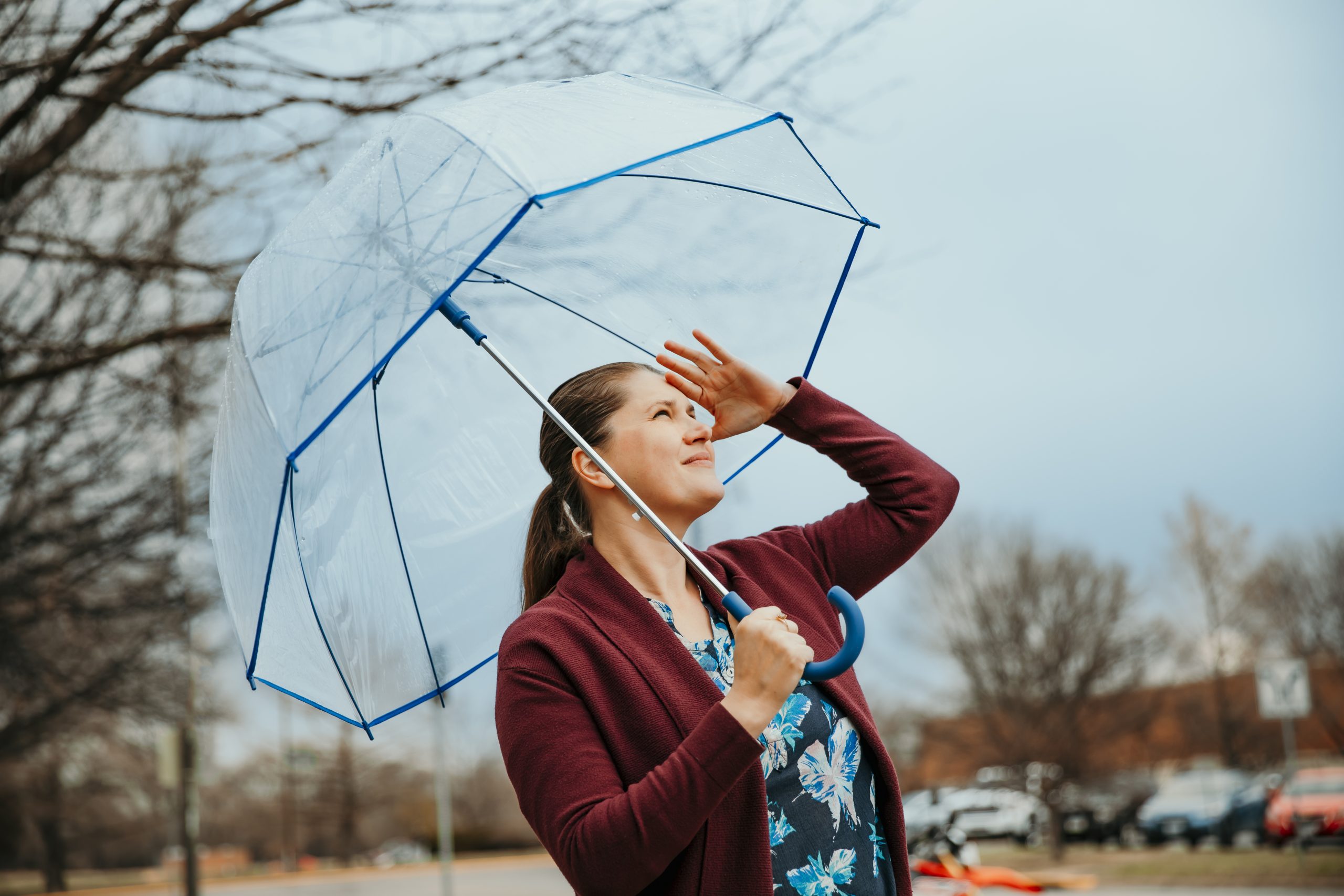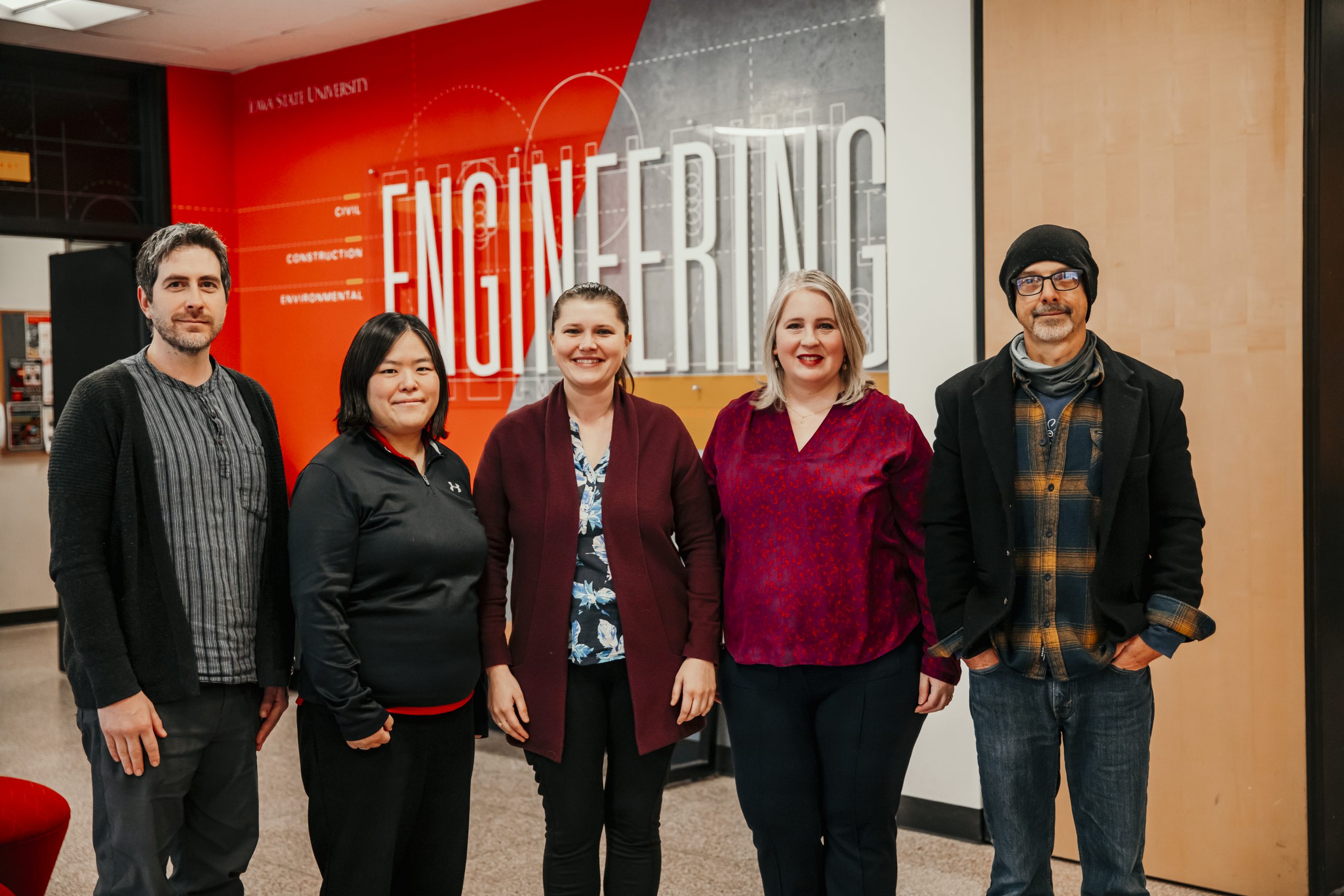Researchers receive $1.35 million from EPA, collaborate with Alaska Native community to reduce water insecurity due to climate change
Author: Sarah Hays
Author: Sarah Hays

A team of engineers and scientists at Iowa State University is conducting research to empower an Alaska Native community and reduce the burden of water insecurity accelerated by climate change.
The team recently received a $1.35 million grant from the U.S. Environmental Protection Agency for their research. They are conducting community-based water monitoring and sampling in Unalakleet, Alaska, to assess water quality as well as survey and interview members of the community to better understand local vulnerabilities to water insecurity. At the same time, they are assessing the cumulative effects of water quality, water insecurity, and the community’s vulnerability to water injustices on physical health, mental health, and a non-Western perspective of health.
Water insecurity in Alaska Native communities is extremely prevalent. Sometimes families can go multiple months without access to water, according to Cristina Poleacovschi, principal investigator of the research project and assistant professor in the Department of Civil, Construction and Environmental Engineering
“In Alaska Native communities, we see that water quality and insecurity is a big issue,” Poleacovschi said. “And climate change is really impacting the infrastructure. Permafrost melting can have a damaging effect on the infrastructure. What we expect to see is that climate change and water insecurity will affect the health of these communities.”
In the past, research projects in these communities have historically focused more on research outcomes and less on practical outcomes. This team plans to execute their research differently, practicing more community-based, participatory research.
“My role in this project is to bridge different disciplines, particularly the engineering and social science disciplines, and build partnerships with communities,” Poleacovschi said. “Indigenous communities have had bad relationships with researchers in the past, so we are really trying to approach this differently.”
Along with using a more community-based research approach, the researchers are conducting research through the lens of the community’s culture.
“Are people accessing water from rivers, springs, taps or somewhere else? How do people feel about each of those water sources, and what kind of trust do they have in those water resources? What does water mean within the community and within the culture?” said Christina Gish Hill, a researcher for the project and professor in World Languages and Cultures at Iowa State.
This team is taking time to learn about Alaska Native protocols and how to go about the research in a way that is not only culturally appropriate but also useful to that community.
“We are interested in looking at water quality overall,” said Kaoru Ikuma, a researcher on the project and environmental engineering associate professor. “Not just tap, but streams, wells and other sources, too, and holistically seeing if there is a link to health outcomes and hopefully help the community decide what is best for them.”
After analyzing their test results, they will bring the results to the community leaders, so they can make their own decisions.

“We need to understand: what about water matters to them?” Ikuma said. “Is it chlorine, is it other things that are regulated? We need to be able to understand that and present the data in a way that is meaningful to them.”
As a team of social scientists and engineers, the researchers hope to conduct valuable research while enhancing community relationships within different cultures.
“Engineering has a large outside influence on the world,” said Scott Feinstein, a researcher in the project and professor in political science. “So it is important to start a conservation about how engineering decisions and influence have consequences for shaping relationships within local and national communities.”
The research team includes Poleacovschi, Feinstein, Gish Hill, Ikuma, professor at Iowa State in the College of Human Sciences Carl Weems and water quantity expert Lina Sela at the University of Texas at Austin.